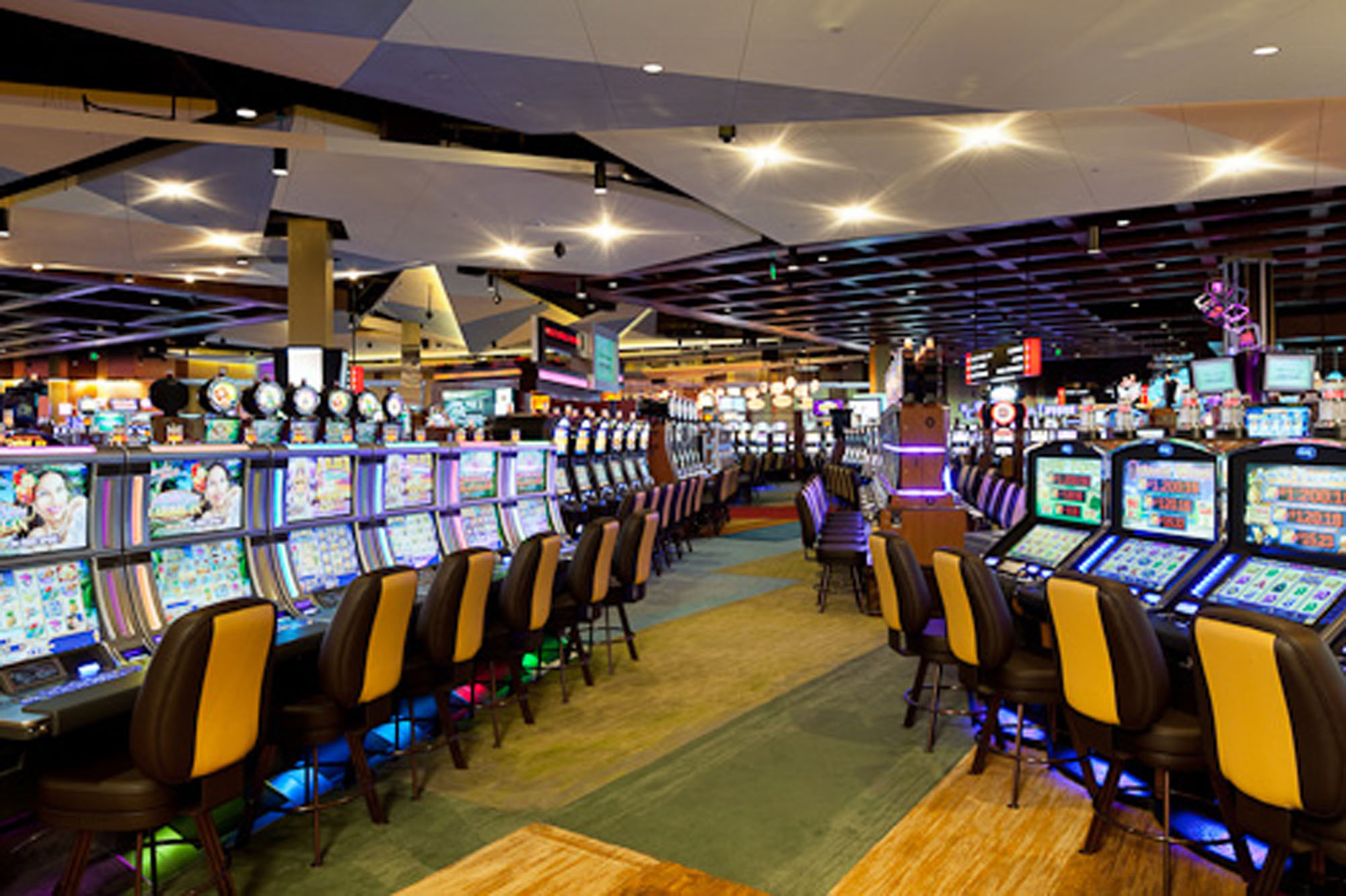The Cultural Influence of Casino Games Across the Globe

Gambling games have long been a fascinating entertainment option, drawing millions of players from diverse cultures around the globe. From the glitzy casinos of Vegas to the thriving gambling halls of the Cotai Strip, these games serve as a common thread that brings together people across a variety of backgrounds. The allure of fortune, strategy, and risk entices not only those seeking to win money but also those looking for a shared experience.
The influence of casino games extends well beyond the gaming floor. They often reflect the social norms and principles of the communities in which they thrive. Games such as poker, 21, and roulette have embedded themselves into the tapestry of popular culture, influencing everything from films to fashion. As we explore this fascinating intersection of chance and culture, we can comprehend better how gambling games shape and are affected by the world around us.
Historical Development of Gaming Activities
The roots of gaming games can be traced back to old civilizations, where betting in different forms was extensively practiced. In Ancient China, around 2300 B.C., a form of gambling known as Keno was common, while in ancient Rome, soldiers would frequently gamble on the results of their matches. The concept of using randomness for entertainment and income evolved over the years, leading to the formation of more organized games. By the late Middle Ages, betting houses started to surface in the continent, especially in the Italian peninsula, which presented early versions of well-liked activities still practiced today.
As gambling gained popularity in European regions, the 17th and 18th centuries saw the appearance of casinos as dedicated establishments for betting. The earliest official gambling house, the Ridotto, was established in the Venetian city in the year 1638, offering activities like Baccarat and Faro. This period marked a significant turning point, as gaming venues commenced to attract not just the high society but also the burgeoning middle-income class. The complexity of games evolved, leading to the introduction of new guidelines and versions that enriched the play experience.
In the 19th century, the industrial age and transformations in societal norms further changed the terrain of gambling activities. The arrival of the game of roulette and new slot machines drew a broader crowd, and casinos became seen as legitimate forms of fun. This period witnessed the worldwide proliferation of gambling, as gambling houses spread from Europe to the New World, culminating in the development of the legendary Las Vegas Strip in the 20th century. The progress of casino games has continued into the present day, including new technologies and online sites, rendering them accessible to a worldwide population.
# Cultural Significance across Different Cultures
Gambling games have significant cultural and social importance within numerous communities throughout the globe. In Las Vegas, the very fabric of the urban landscape is woven around gaming venues, where gaming is not just a hobby but a key aspect of social engagement and community interaction. The bright lights and vibrant atmosphere attract countless individuals, showcasing how games of chance can impact local economies and cultural uniqueness. This surrounding transforms the notion of recreation into an enriching experience that affects fashion, sound, and even movies.
In contrast, some communities treat wagering with greater care, viewing it through the lens of ethical considerations and tradition. For example, in various Oriental cultures, games like Mahjongg and Pai Gow Poker are full of history and have significant social relevance. These games are often played during meetings and celebrations, fostering collective connections and reinforcing family ties. The act of participating in these games goes beyond mere amusement, reflecting principles such as respect for elders and the significance of collective enjoyment.
At the same time, in European countries such as Monaco and Rome, casino games serve as symbols of wealth and elegance. The refined atmosphere of these venues attracts both tourists and locals, reinforcing a sense of status and elitism. The art of the game of poker and the strategic features of games like baccarat are appreciated, molding interpersonal interactions and establishing an appeal that captivates a varied audience. This highlights how casino games can both mirror and mold societal views towards danger, gain, and social interaction.
Economic Impact and Travel Industry
Gambling activities play a significant role in the economic landscape of many regions, particularly those that depend significantly on visitor traffic. The revenue produced from gambling establishments fuels local economies, creating employment opportunities not only within the casinos themselves but also in connected industries such as hospitality, restaurant services, and entertainment. This influx of tourists, drawn by the attraction of gambling and the overall casino experience, stimulates spending across multiple businesses, contributing to the economic vitality of the region.
The existence of casinos often leads to the development of infrastructure, including hotels, public transit, and recreational facilities. These developments are essential in enhancing the overall tourist experience, making locations more appealing to visitors. Additionally, many casinos contribute in local communities through sponsorship of activities and philanthropic initiatives, further integrating themselves into the social fabric of the locality. Such investment not only supports economic growth but also cultivates a positive image of the casino industry. casino en ligne
In addition, the worldwide appeal of casino games drives competitive tourism, with regions vying to attract players from around the world. Iconic destinations like Las Vegas and Macau have become identifiable with casino culture, drawing millions each year. This advantage encourages creativity and variety within the gambling sector, influencing developments in leisure and hospitality that extend beyond their borders. The ripple effects of this visitor influx extend wide, impacting local financial health and cultural interactions on a global scale.